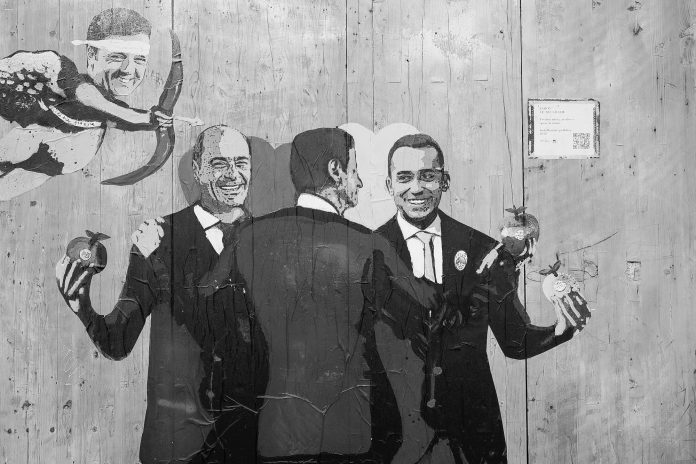
Former Italian Premier Matteo Renzi has left the ruling Democratic Party to set up a new centrist force, in a risky move that further weakens the already shaky government forged only two weeks ago by the center-left Democrats and the populist 5-Star Movement.
Renzi announced his departure with a Facebook post on Tuesday morning, after explaining the abrupt move in an interview with the Italian daily La Repubblica.
“I have decided to leave the PD (Democrats) and to build together with others a new house to do politics differently,” he wrote on Facebook.
The former premier has recently regained a central role in Italian politics, using his influence in parliament to push for the coalition deal between the Democrats and their former arch-enemies, the 5-Stars, in a last-ditch attempt to avert an early election and the likely triumph of Matteo Salvini’s right-wing League party.
Political analysts say Renzi’s U-turn has caught his enemies off guard, but is unlikely to boost his very low popularity ratings.
“Around 30-32 lawmakers from both the lower house and the Senate are expected to join Renzi’s new political party. Without the support of these lawmakers, it would be nearly impossible for Giuseppe Conte’s government to control a majority in both houses,” said Wolfango Piccoli, head of London-based research firm Teneo.
While Renzi has reassured Conte in a phone call that his loyalists will continue to support the fragile coalition government, the launch of a new centrist party will surely increase Italy’s political uncertainty and put additional pressure on the struggling Democrats’ leader, Nicola Zingaretti.
“Renzi’s past record of political double-dealing casts a large shadow on his claim that his new party will strengthen the government,” Piccoli said.
Renzi may well decide to withdraw his party’s support to Conte’s ruling coalition whenever he believes that would suit him, exercising pressure on the new cabinet, which is already split on key economic measures and policy issues.
Political observers noted it’s unlikely that Renzi would bring down the government in the short term. However, his sudden move will make the government’s agenda even more complicated, as it will have to meet the demands of another political force just to stay afloat.
Renzi is expected to unveil the name and the details of his new political party at the annual gathering of his supporters in Florence on Oct. 18-20.q



















